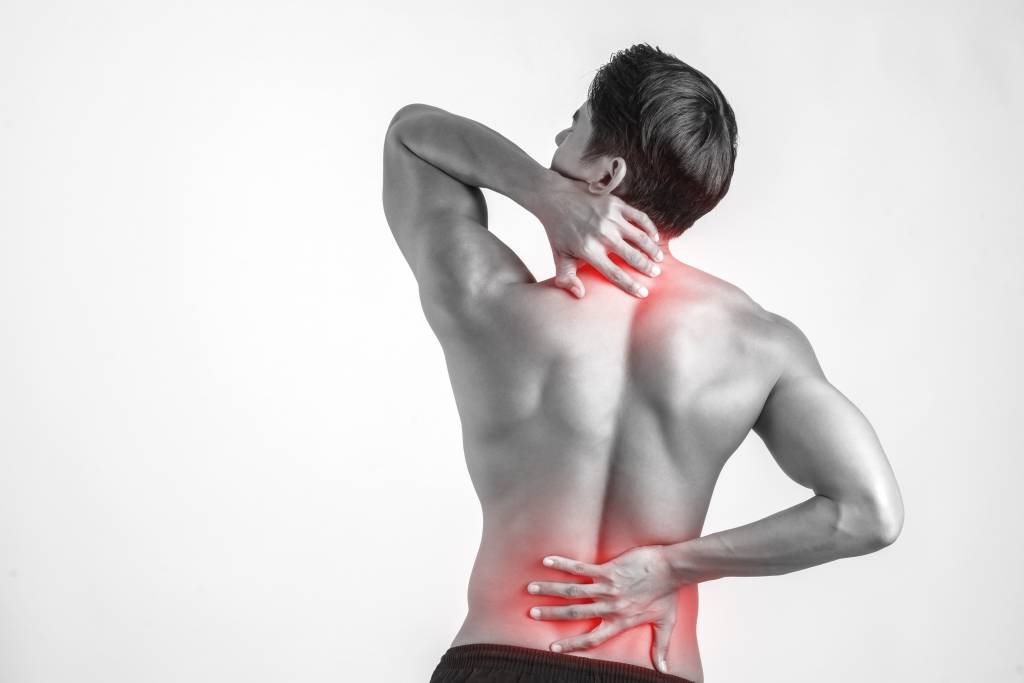Back pain is a common issue that affects millions of people worldwide. It can range from mild discomfort to severe, debilitating pain. The good news is that there are many effective treatments available to manage and alleviate back pain. In this blog, we will explore the best treatments for back pain and what you can do to manage it.
Definition of Back Pain: Back pain refers to any discomfort or pain that is experienced in the lower, upper, or middle back. It can be caused by a variety of factors, including injury, poor posture, and degenerative conditions.
Prevalence of Back Pain: Back pain is one of the most common complaints among adults, affecting 80% of adults at some point in their lives.
Importance of Treating Back Pain: Back pain can have a significant impact on an individual’s quality of life, causing difficulties with daily activities, sleep, and work. Effective treatment of back pain can help individuals manage their pain, reduce the risk of future injury, and improve their overall quality of life.
Causes of Back Pain

Injuries: Back pain can be caused by a variety of injuries, including sports injuries, car accidents, and falls.
Poor Posture: Poor posture, such as slouching or hunching over a computer, can cause stress and strain on the muscles and joints in the back.
Degenerative Conditions: Degenerative conditions, such as osteoarthritis and spinal stenosis, can cause back pain as the joints and bones in the back deteriorate over time.
Non-Invasive Treatments
Physical Therapy: Physical therapy is a commonly used treatment for back pain that focuses on strengthening the muscles, improving flexibility, and reducing pain.
Exercise: Regular exercise, such as swimming, yoga, and cycling, can help to strengthen the muscles in the back and reduce the risk of injury.
Chiropractic Care: Chiropractic care involves manual adjustments to the spine, helping to alleviate pain, improve mobility, and reduce inflammation.
Massage Therapy: Massage therapy can help to relieve tension and reduce pain in the back muscles.
Medications
Over-the-Counter Pain Relievers: Over-the-counter pain relievers, such as ibuprofen and acetaminophen, can help to manage mild to moderate back pain.
Prescription Pain Medications: In cases of more severe back pain, prescription pain medications, such as opioids, may be necessary to manage pain.
Topical Pain Relievers: Topical pain relievers, such as creams and gels, can be applied directly to the skin to help relieve pain and reduce inflammation.
Invasive Treatments
Steroid Injections: Steroid injections can help relieve pain and reduce inflammation in the back.
Nerve Blocks: Nerve blocks involve injecting anesthetic into the nerves to block the transmission of pain signals.
Spinal Cord Stimulation: Spinal cord stimulation involves the placement of a small device that sends electrical signals to the spinal cord to help manage pain.
Tips for Managing Back Pain
Maintaining Good Posture: Maintaining good posture, such as sitting up straight and avoiding slouching, can help to reduce stress and strain on the back.
Staying Active: Staying active, even with low-impact activities, can help to keep the muscles in the back strong and reduce the risk of injury.
Practicing Stress Management Techniques: Stress can have a significant impact on back pain, so it’s important to practice stress management techniques, such as mindfulness, deep breathing, and yoga, to help manage pain and reduce stress.

Conclusion
In conclusion, back pain is a common issue that can be effectively managed and treated with a variety of treatments, including physical therapy, exercise, chiropractic care, medication, and invasive treatments. Additionally, practicing good posture, staying active, and managing stress can also help individuals manage their back pain. At ASAP Rehab and Performance, we offer a range of treatments and services designed to help individuals manage and alleviate their back pain. If you are experiencing back pain, reach out to us today to learn more about how we can help. Contact us today to schedule an appointment


